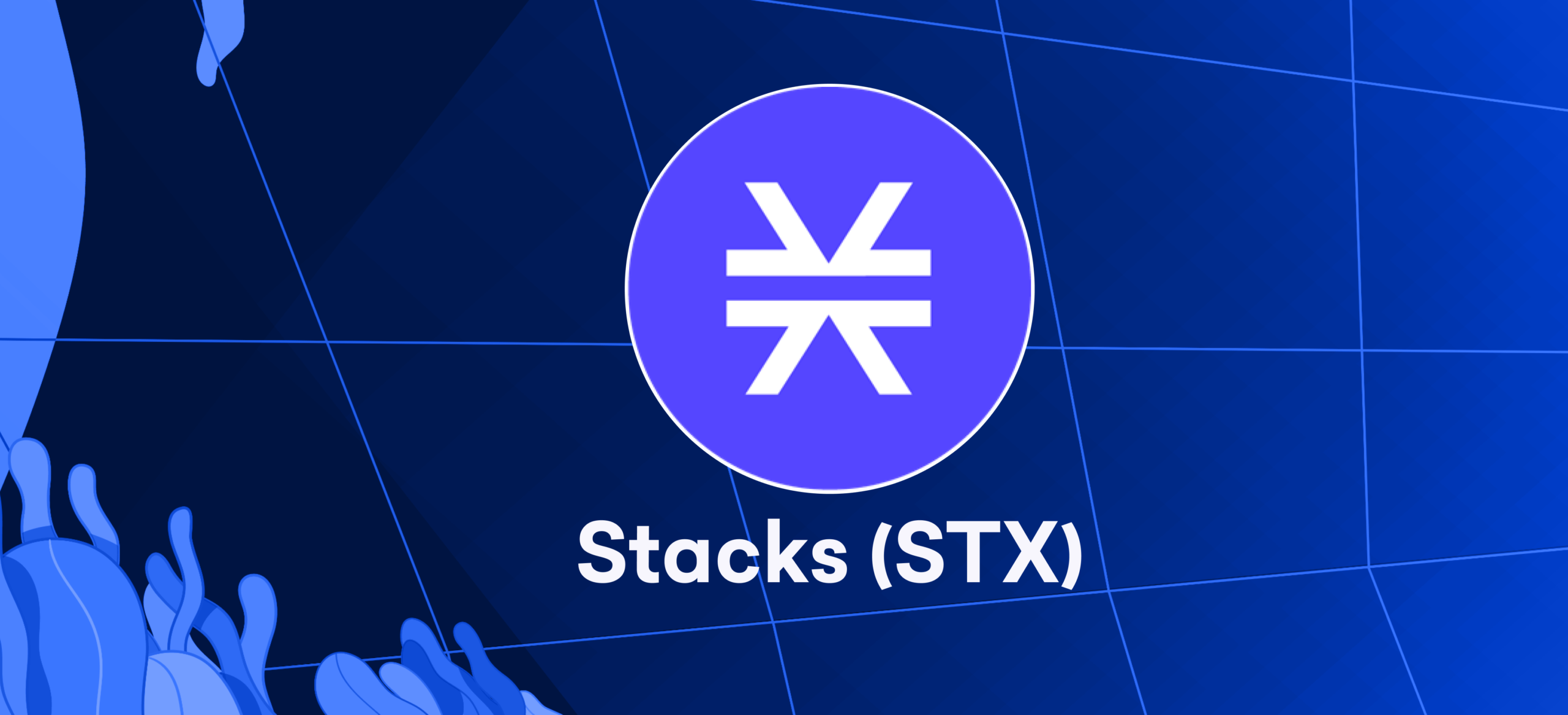
Contracts hold significant importance in both our professional and personal lives, as they regulate various aspects of modern society. Smart Contracts, a key concept in Blockchain technology, play a vital role by ensuring secure and organized transactions.
Additionally, these contracts enhance accessibility for applications running on such platforms. But what exactly is a smart contract?
What Is A Smart Contract?
Smart contracts are computer programs or protocols for automated transactions stored on a blockchain. They run in response to specific conditions being met, eliminating the need for intermediaries or delays. In simpler terms, smart contracts automate agreement execution, allowing participants to promptly verify outcomes.
Additionally, these self-executing contracts encapsulate buyer-seller agreements into lines of code and were first proposed by Nick Szabo, an American computer scientist recognized for his work on “Bit Gold” in 1998. Smart contracts facilitate traceable, transparent, and irreversible transactions.
What Is An Example Of A Smart Contract?
In a transaction between a consumer and a business, the simplest example of a smart contract arises. This smart contract facilitates the payment by the customer and ensures that the business fulfills its obligation to ship or transfer ownership.
History Of Smart Contracts
Smart contracts were initially proposed in 1994 by Nick Szabo, an American computer scientist renowned for inventing a virtual currency called “Bit Gold” in 1998. Interestingly, Szabo’s groundbreaking concept emerged a decade before the introduction of Bitcoin.
Moreover, there have been speculations linking Szabo as the potential real identity behind Satoshi Nakamoto, the enigmatic figure responsible for creating Bitcoin. However, it is worth noting that Szabo himself has rebuffed such claims.
Szabo’s definition of smart contracts encompasses computerized transaction protocols that facilitate the automatic execution of contractual terms. His vision sought to expand the capabilities of electronic transaction methods, such as point of sale (POS), into the digital realm.
In his research paper, Szabo also proposed implementing a contractual agreement for synthetic assets, encompassing derivatives and bonds. Szabo wrote:
These new securities are formed by combining securities (such as bonds) and derivatives (options and futures) in a wide variety of ways. Very complex term structures for payments…can now be built into standardized contracts and traded with low transaction costs due to computerized analysis of these complex term structures.
Use Cases Of Smart Contract
Smart contracts are versatile tools that effectively execute agreements for various purposes. One of their simplest applications is to guarantee smooth transactions between two parties, specifically the purchase and delivery of goods.
For instance, a manufacturer seeking raw materials can establish payment terms using smart contracts while the supplier arranges shipments accordingly. As per the agreement between these business entities, funds can be automatically transferred to the supplier upon shipment or delivery.
Smart contracts find applications in various domains such as real estate transactions, stock and commodity trading, lending, corporate government, supply chain management, dispute resolution, and healthcare.
How Does A Smart Contract Work?
In an online transaction scenario devoid of a smart contract, let us embark on an imaginative journey. Suppose you have the desire to purchase a car through digital means. To accomplish this, certain prerequisites must be fulfilled:
- A platform to store desired car info
- Communication method with sellers
- Payment system for transactions
- Refund option for faulty cars
- Authorities notified of ownership change
Each component in this process necessitates a certain level of trust between the user and the respective site or service. Moreover, each step within this procedure is typically overseen by a distinct company or individual.
A clever individual or organization could easily manipulate any of the aforementioned components, thereby compromising or rendering the entire process ineffective.
Why Are Smart Contracts Important?
Smart contracts enable developers to create diverse decentralized applications and tokens. These contracts find utility in various domains, including finance, logistics, and gaming. Stored on a blockchain like any other cryptocurrency transaction, smart contract apps become immutably embedded once added. While exceptions exist, typically, these apps cannot be reversed or altered thereafter.
Decentralized applications (dapps), powered by smart contracts, have emerged as transformative tools in the banking industry. By utilizing decentralized finance (DeFi) technology, these apps empower cryptocurrency holders to engage in complex financial transactions like savings, loans, and insurance without intermediaries such as banks or financial institutions.
This global accessibility enables users from anywhere to participate. Currently, some of the most popular smart-contract powered applications include:
Uniswap: A decentralized exchange empowers users to trade specific types of cryptocurrencies without the influence of a central authority in determining exchange rates. Smart contracts facilitate this seamless transaction process.
Compound: A platform using smart contracts empowers investors to generate interest while allowing borrowers immediate access to loans, bypassing the requirement for intermediary banks. This streamlined process ensures efficiency and convenience.
USDC: A new type of digital currency called a stablecoin has emerged, and one example is the UDDC. It operates on a smart contract system, pegged to the US dollar. This means that each unit of UDDC holds the same value as one US dollar.
What Blockchain Has Smart Contracts?
The Ethereum blockchain possesses inherent smart contract capabilities. Conversely, the Bitcoin blockchain acquired smart contract abilities through its Taproot upgrade, enabling it to establish communication with layers that have activated smart contracts on their respective blockchains.
Can We Create Smart Contracts Without Coding?
Yes, It is indeed possible to create smart contracts without any coding knowledge. This can be achieved by utilizing various smart contract development platforms that offer user-friendly interfaces and templates. These platforms come equipped with drag-and-drop functionalities and visual editors, allowing users to effortlessly develop smart contracts without requiring expertise in programming.
Ethereum Studio, a web-based integrated development environment (IDE), offers convenient templates for creating smart contracts using Solidity, which is Ethereum’s programming language. With its drag-and-drop interface, users can effortlessly create smart contracts without the need for coding. An IDE is a comprehensive software application that equips developers with efficient tools and features to write, test, and debug code proficiently.
Who Is Using Smart Contracts?
Smart contracts, a relatively new technology, have already gained widespread implementation among crypto projects. They stand at the core of the decentralized finance (DeFi) revolution, fueling popular protocols like Compound, Aave, and Uniswap alongside numerous others.
Moreover, not just limited to corporations, even governments have begun their experimentation with smart contracts. Some noteworthy examples include:
Ubisoft: Video game giant Ubisoft has fully embraced blockchain technology, incorporating it into numerous initiatives. One notable endeavor is the development of specially-designed smart contracts that enable users to own, transfer and claim rare non-fungible tokens (NFTs) associated with their popular Rabbids gaming franchise.
ING: ING, a Dutch bank, has collaborated with Fnality to develop a blockchain-based trade-settlement system that utilizes smart contracts. Additionally, ING is actively engaged in various other blockchain initiatives. Notably, the Swedish government has conducted trials on a blockchain-powered land registry system aimed at proving land ownership through the utilization of smart contracts.
Top 5 Smart Contract Platforms By Market Cap
Smart contract platforms have emerged as one of the most significant sectors in cryptocurrency. Within the top 10 crypto assets, based on market capitalization data from CoinMarketCap, three reputable smart contract platforms exist. Notably, Ethereum stands second only to Bitcoin itself.
The combined market capitalization of the top 10 smart contract platforms exceeds $481 billion. These platforms include:
Ethereum: Ethereum serves as a decentralized “world computer,” designed to run dapps, functioning as a versatile platform effortlessly.
BNB Chain: Developed by the cryptocurrency exchange Binance, a smart contract chain known as BNB, represents the principle of “Build and Build.”
Cardano: Cardano, an open-source public blockchain project, asserts itself as the world’s first peer-reviewed blockchain. Its protocols undergo scrutiny from a network of esteemed academics and scientists before release.
Avalanche: Ava Labs has developed an open-source platform for creating new financial primitives and decentralized applications. This platform offers innovative solutions to empower users in the realm of finance.
Smart Contract Pros and Cons
Smart contracts offer a key advantage similar to blockchain technology: the elimination of intermediaries. In addition, this technological innovation brings forth other notable benefits.
- Efficiency: They accelerate contract signing
- Accuracy: Eliminates chances of human mistakes
- Immutability: Code remains unchangeable in the process
Some of the Cons of smart contracts are:
- Permanent: Errors are fixed with difficulty
- Human factor: The programmer ensures that the code meets contract terms
- Loopholes: Coding loopholes may enable dishonest execution
The future Of smart Contracts
Smart contracts powered by requirements are definitely the future for simple contracts. They can be written and carried out by themselves when certain conditions are satisfied. This is especially useful for tasks like buying homes, where money can be given right after contracts are signed.
Smart contract platforms have the potential to transform business operations worldwide, allowing for significant time and cost savings. By revolutionizing supply chain interactions and enhancing customer engagement, these platforms minimize the need for human intervention in mundane administrative tasks and bureaucratic processes.
As a result, individuals and decision-makers can dedicate their efforts towards more critical aspects of their work. The efficacy of smart contracts is evident as they shoulder the burden of tedious responsibilities. Many banks and insurance organizations are already utilizing smart contracts in their daily operations, signifying their practical implementation.
It is only a matter of time before they become an integral part of our everyday lives and routines. However, it is important to note that while significant progress has been made, complete integration of smart contracts may still require further development.
Final Words
Blockchain serves as the foundational technology that drives the expansion of smart contracts. Smart contracts are blocks of code embedded within a blockchain. These contracts enable the automatic execution of agreement terms, removing the reliance on trust between involved parties. Through automation, smart contracts eliminate the need for manual intervention by the agreement participants.








